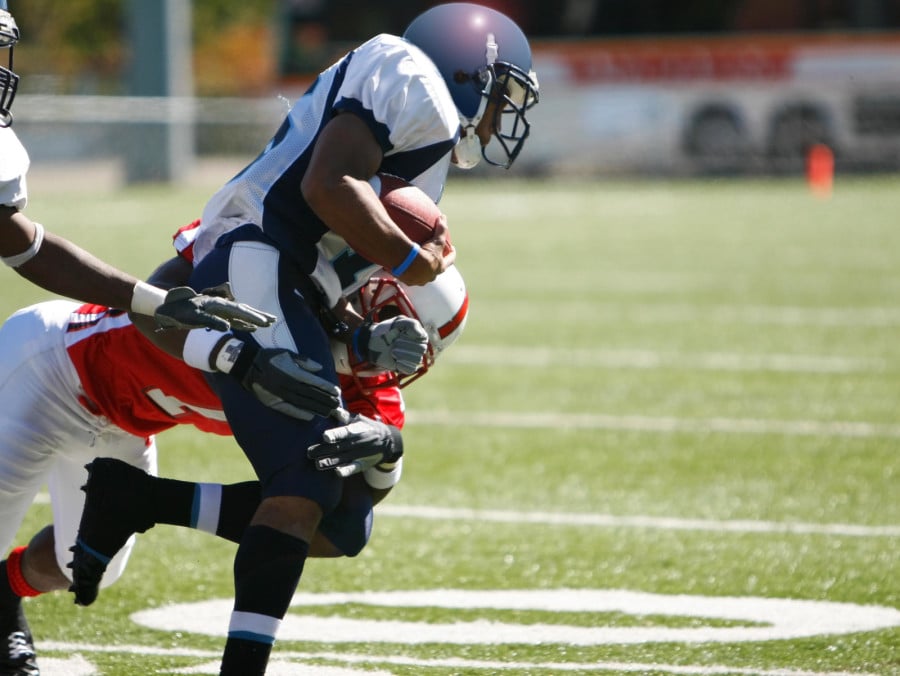(Anti)-trust the process: is the NCAA legally permitted to ban schools?

Money and power. The NCAA for years has had both but now may end up with neither.
The recent passing of California’s Fair Pay to Play Act has the potential to fundamentally change college sports forever. This ground-breaking legislation allows athletes from in-state schools to earn compensation through endorsements. Trying to prevent the floodgates from opening, the NCAA is firmly planting its foot down, demonstrating its unwillingness to move off the status quo. Instead, they are threatening to ban1 California schools from competition rather than allow athlete compensation to break through its walls.
Now, in a sign of support for the NCAA, prominent schools like Ohio State and Wisconsin are refusing to play California schools: “Who’s going to play (them)? We’re certainly not.”2 As other states contemplate similar legislation, and with the ban likely extending in response, one crucial question must be answered: Is the NCAA actually legally permitted to ban schools?
To continue reading or watching login or register here
Already a member? Sign in
Get access to all of the expert analysis and commentary at LawInSport including articles, webinars, conference videos and podcast transcripts. Find out more here.
- Tags: Anti-Trust | College Sports | Competition | Dispute Resolution | NCAA | United States
Related Articles
- A further anti-trust challenge to the NCAA’s athlete compensation cap (In Re: NCAA Athletic Grant-in-Aid Cap..)
- Headline issues for brands to consider when negotiating athlete publicity licenses
- U.S. sports law news update: $75 million NCAA concussion settlement approved
- Paving the way to professionalism for college athletes - A review California’s Fair Pay for Play Act
Written by
Daniel Lust
Attorney, Goldberg Segalla
Daniel E. Lust focuses his practice on defending personal injury and property damage litigation throughout New York State. With substantial experience in e-discovery, Dan has built countless successful defenses using information captured from plaintiffs’ social media accounts and networks, finding the digital “needle in the haystack” to crack open difficult cases. Dan's colleagues frequently have asked him to step in to assist with or lead legal or social-media research into very unique and challenging issues.
Twitter: @DLustEsq




